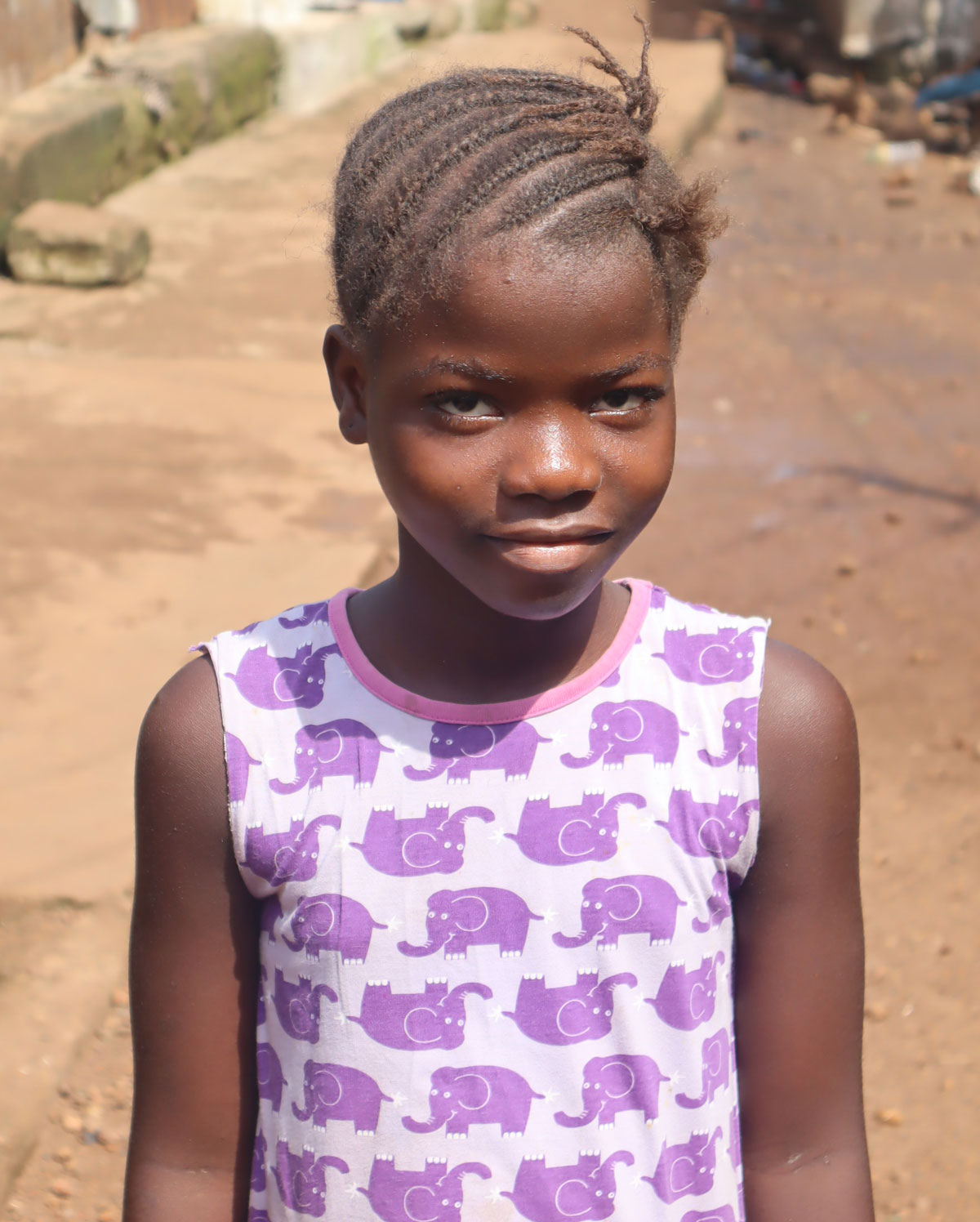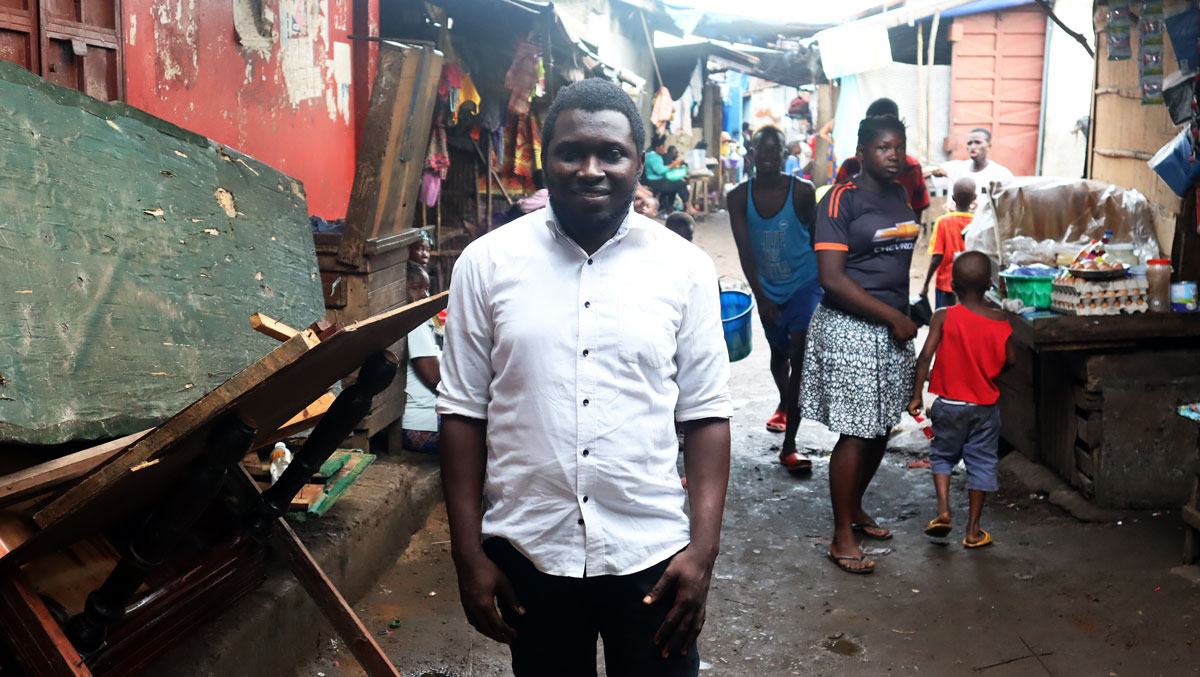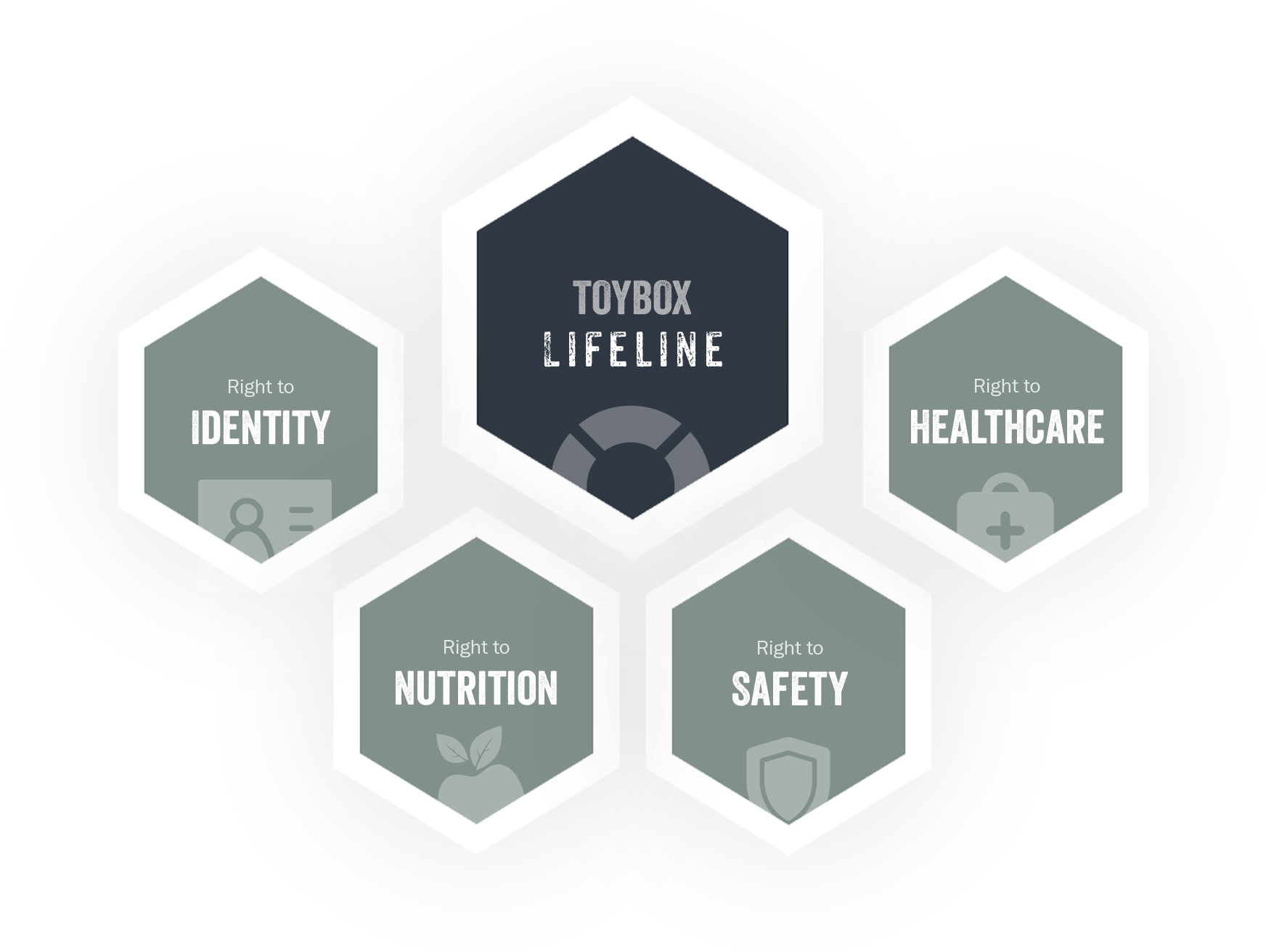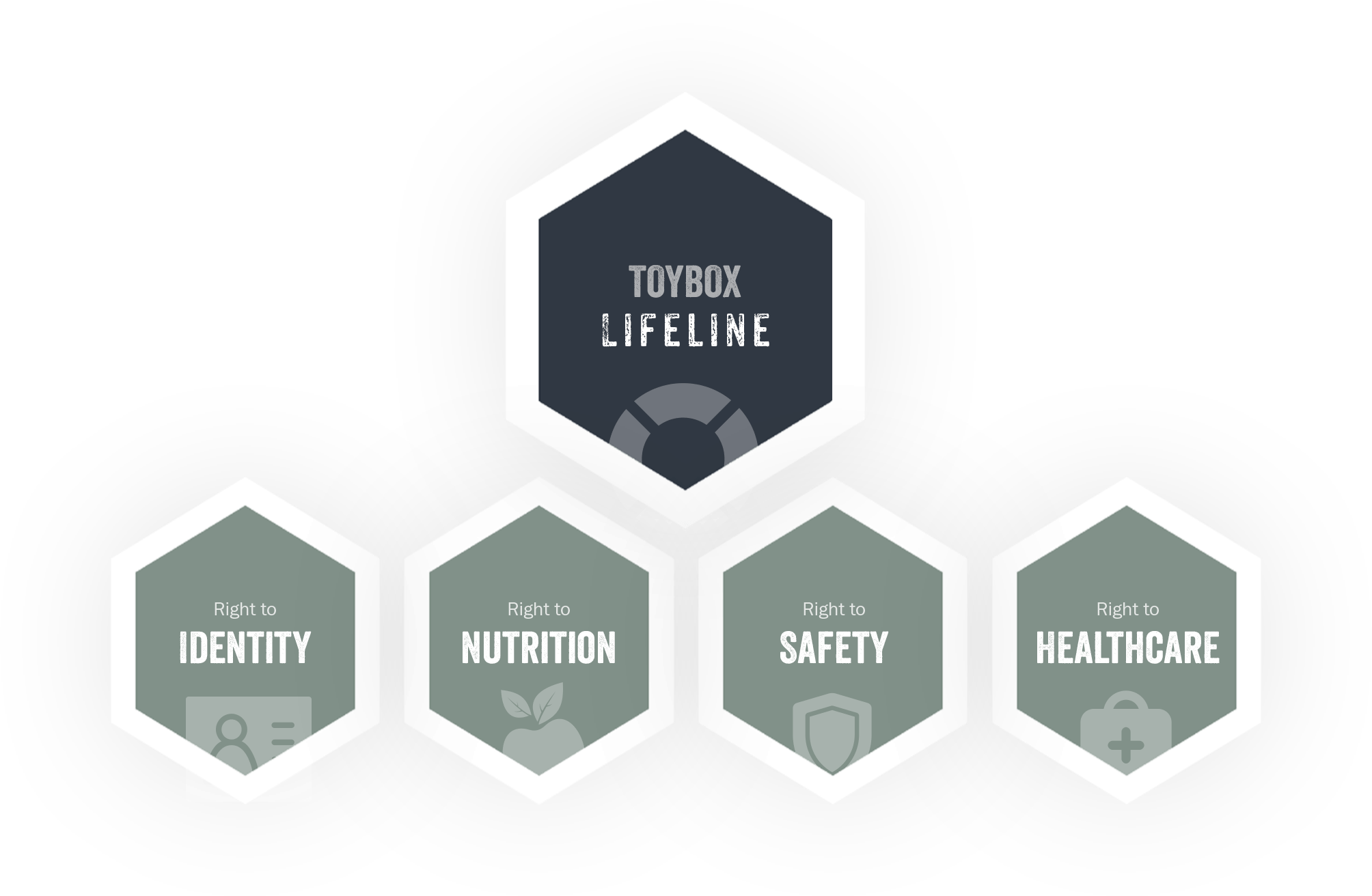How it all began
In a country where only 66% of children finish primary school, lack of access to education is one of the major issues affecting street children in Sierra Leone. Many caregivers rely on their children for financial and family support, either from paid work or through caring for their siblings and undertaking domestic chores.
These responsibilities, placed on children at such a young age, and a lack of awareness among families about the importance of education, means that many children are denied the opportunity to go to school.
For those children who are able attend school, their education has been significantly disrupted in recent years. The devastating Ebola crisis of 2015 and the recent coronavirus pandemic both resulted in the widespread closure of schools, causing significant gaps in children’s learning for many months.
In brief Sierra Leone
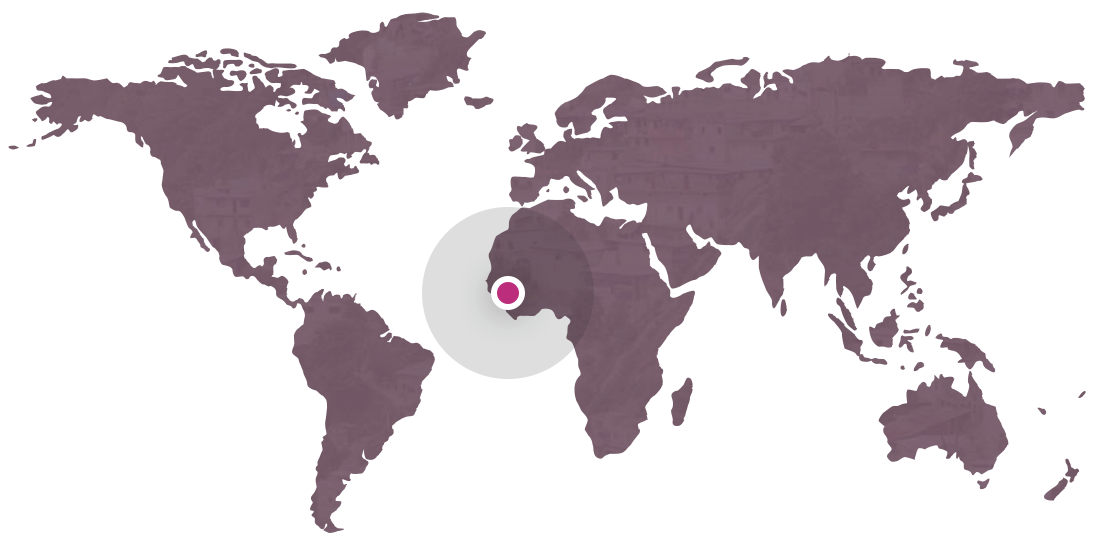
In the country’s capital, Freetown, street children represent a disproportionate number of those who are not in school. They can often be found desperately trying to make a living through informal and unregulated work, from working on building sites to washing dishes in restaurants, unloading cargo from small boats, and sifting through vast mounds of rubbish and waste on the city’s dumpsites in search of materials to resell. In the worst cases, they can end up involved in commercial sexual exploitation.
Following in-depth research into the issues faced by street children in Sierra Leone, in 2019 Toybox began working with an experienced local organisation, St George Foundation Sierra Leone, to deliver an education project based in Freetown. This project focuses on tackling street children’s access to education as, for a street child, access to education is key not only to combating poverty and social exclusion, but also to supporting them on the first steps of their journey away from the streets.
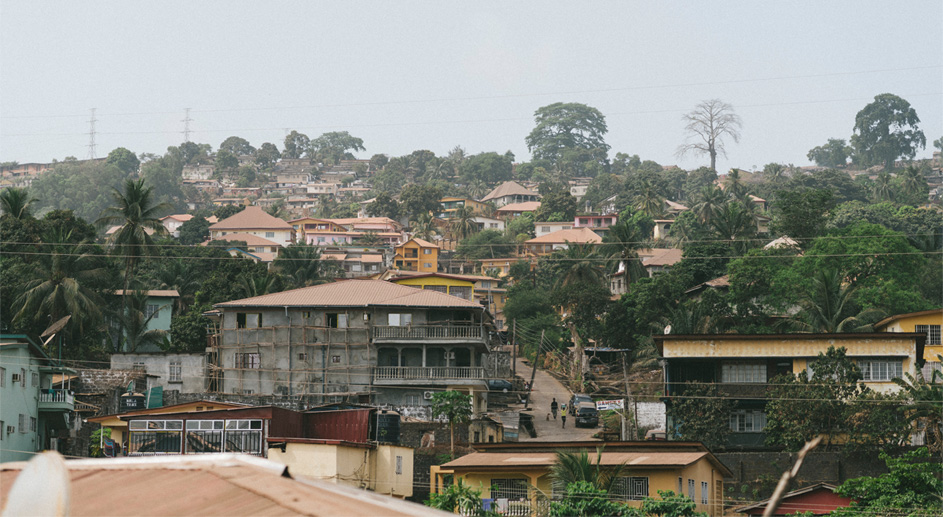
Freetown, Sierra Leone
A year on
As well as supporting children to enrol and stay in school, the project also works with parents and caregivers to raise awareness on the importance of sending their children to school and the benefits of education.
Financial considerations are often the main reason why a child cannot go to school, so the project is championing the creation of community led savings groups. The aim of these groups is so that caregivers can pool their resources to ensure that collectively they have the financial means to send their children to school. Group members can also use these savings to set up small business ventures and can draw on their savings if they or their children become ill and need to access medical support quickly.
When the coronavirus pandemic hit, it was necessary for our partner to quickly adapt the way they worked. During the Spring of 2020, the team began delivering new activities centred around combatting misinformation about the virus and ensuring communities knew how to keep themselves safe. They distributed soap, water buckets, hand sanitiser and face masks to the street children, and for the children most at risk, they have been providing mental health support through telephone counselling.
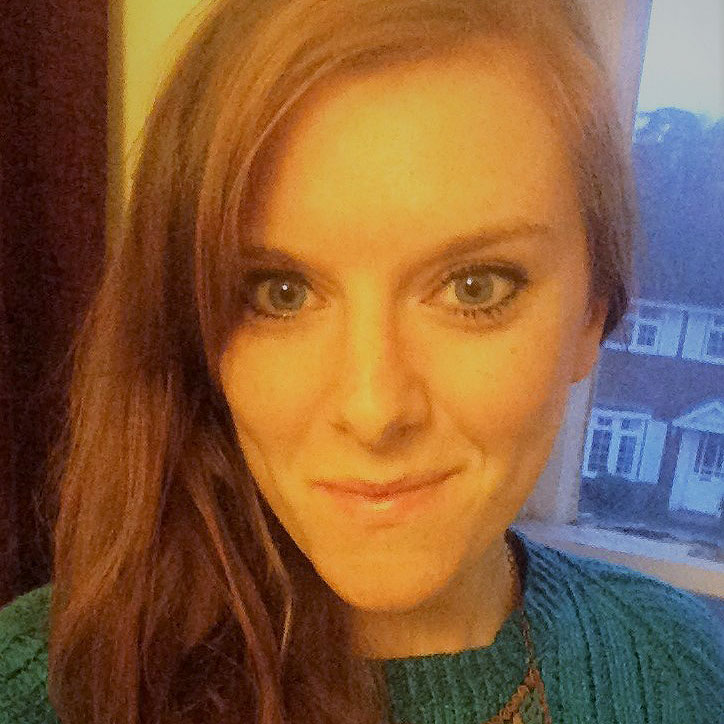
Emily Malcolm
Programme ManagerToybox’s Programme Manager for Africa reflects on her recent experience of working closely alongside St George Foundation Sierra Leone during the coronavirus pandemic: "I have continued to work with the team remotely, receiving regular project updates and providing support and advice on new ways to adapt their approach in light of the pandemic.
The most challenging aspect for the project has been the school closures, yet throughout this period the team remained undeterred from their overall mission. In my opinion, the biggest achievement they made during this time was enrolling 100 children from new communities into school once they reopened. This meant they had to increase their engagement with these children on the streets during the period schools were closed.
In addition to this, of the 100 children that we supported last year to go to school, 98 went back to school once they reopened, with the others planning to undertake vocational training in catering. This high level of engagement in education is certainly encouraging, especially at this time when there has been disruption to schooling and increased financial pressure on families, often resulting in children needing to work more.”
